Over the past decade, we have seen the democratization of content creation as social media outfits like Facebook, YouTube, Instagram, and Twitter provide artists, vloggers, influencers, and content creators platforms to express themselves and build personal brands. Accordingly, as more and more consumers began seeking authenticity in the products and services they purchase, the advertising industry gravitated towards collaborating with content creators in marketing brands, giving birth to the era of influencer marketing.
Influencer marketing is said to be more relatable as it reaches consumers on a more personal level. Nowadays, brands sponsor content creators in order to be featured in the latter’s channels and gain access to their audience. An example is in the beauty products sector where we see manufacturers collaborate with influencers in the creation, formulation, and marketing of co-branded beauty products. As social media pervades modern society, trends such as influencer marketing serve as the next step in the evolution and amplification of word-of-mouth marketing.
With the growing use of influencer marketing, the notion of the identity, image or personality of a person as a property right continues to be cemented. As such, it has become more important to guarantee the protection of persons engaged in these activities. Without a robust legal framework, such individuals may be exposed to exploitation while consumers themselves might fall victim to deceptive marketing schemes. In the United States, the personality or identity of an individual is generally protected against unauthorized appropriations under the Right of Publicity Doctrine. As McCarthy and Schechter put it, the right of publicity is the inherent right of every human being to control the commercial use of his or her identity.
The right of publicity does not only pertain to the name of a person as it covers the whole identity or likeness of an individual — his appearance, voice, nickname, and the like. This right was coined in 1953 by the US Second Circuit Court in its decision in the case of Haelan Laboratories, Inc. vs. Topps Chewing Gum. In upholding the primacy of the contract for the exclusive use of the photograph of a certain ballplayer, the court emphasized that a person has a right in the publicity value of his photo which authorizes him to grant the exclusive privilege to publish his picture. The court characterized the right of publicity as a property which can be used as a basis for an action for damages resulting from the unlicensed use of an individual’s persona.
Our legal system is aware of the need to safeguard the commercial interest of an individual over his personality. The Supreme Court had the opportunity to touch on this in the case of Fredco Manufacturing Corporation vs. President and Fellows of Harvard College. In affirming the cancellation of the trademark registration of Fredco for the mark “Harvard,” the Court emphasized that Section 4(a) of R.A. No. 166, which prohibits the registration, as a trademark, of a matter which may falsely suggest a connection with persons or institutions, is “intended to protect the right of publicity of famous individuals and institutions from commercial exploitations of their goodwill by others.” This prohibition was carried over into Section 123.1 of R.A. No. 8293, the Intellectual Property (IP) Code, which further strengthened the protection accorded to the personality of an individual.
The IP Code also substantially retained the prohibition in Section 169.1 (previously Section 30 of R.A. No. 166) which bars a person from using in commerce any “word, term, name, symbol, or device, or any combination thereof, or any false designation of origin, false or misleading description of fact, or false or misleading representation of fact, that: (a) is likely to cause confusion, or to cause mistake, or to deceive as to the affiliation, connection, or association of such person with another person, or as to the origin, sponsorship, or approval of his or her goods, services, or commercial activities by another person x x x.”
Through these provisions, the IP Code seeks to prevent a party from riding on the goodwill established by a person through his name or likeness. Corollarily, the public also benefits from these provisions as they sanction instances where parties attempt to create an impression that an individual, whose name or persona was appropriated, supports or is associated with, the products or business of such parties when no such association actually exists.
Author:
Francis L. Geronimo is an Associate of the Intellectual Property Department of the Angara Abello Concepcion Regala & Cruz Law Offices (ACCRALAW) located at Bonifacio Global City, Taguig City, Metro Manila, Philippines.
The views and opinions expressed in this article are those of the author. This article is for general information and educational purposes, and not offered as, and does not constitute, legal advice or legal opinion.










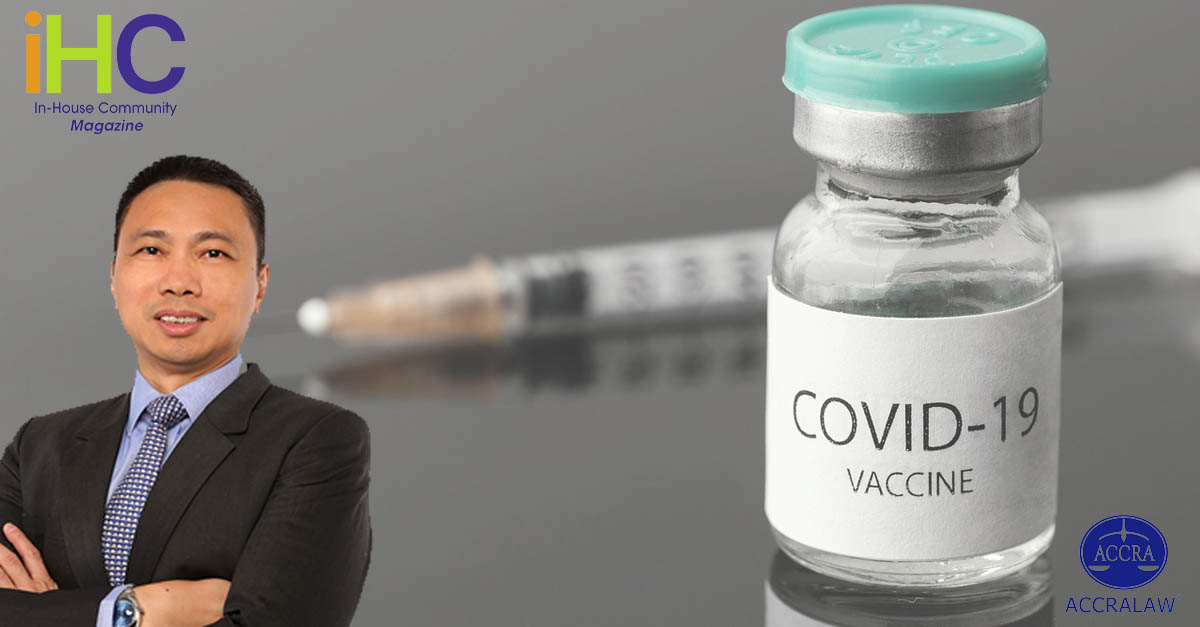
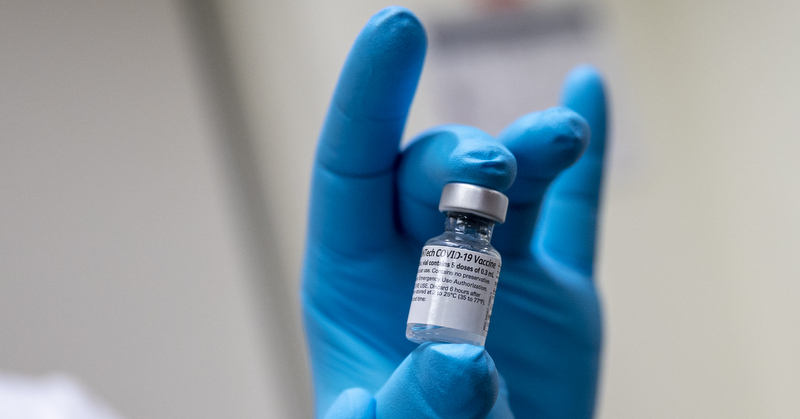




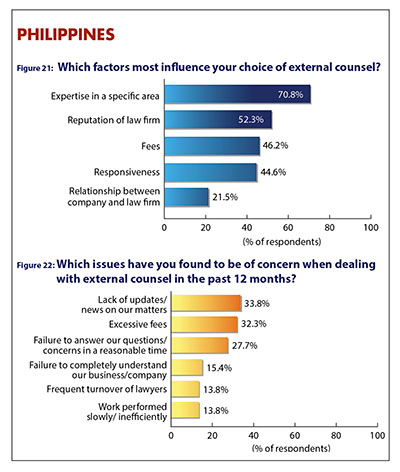
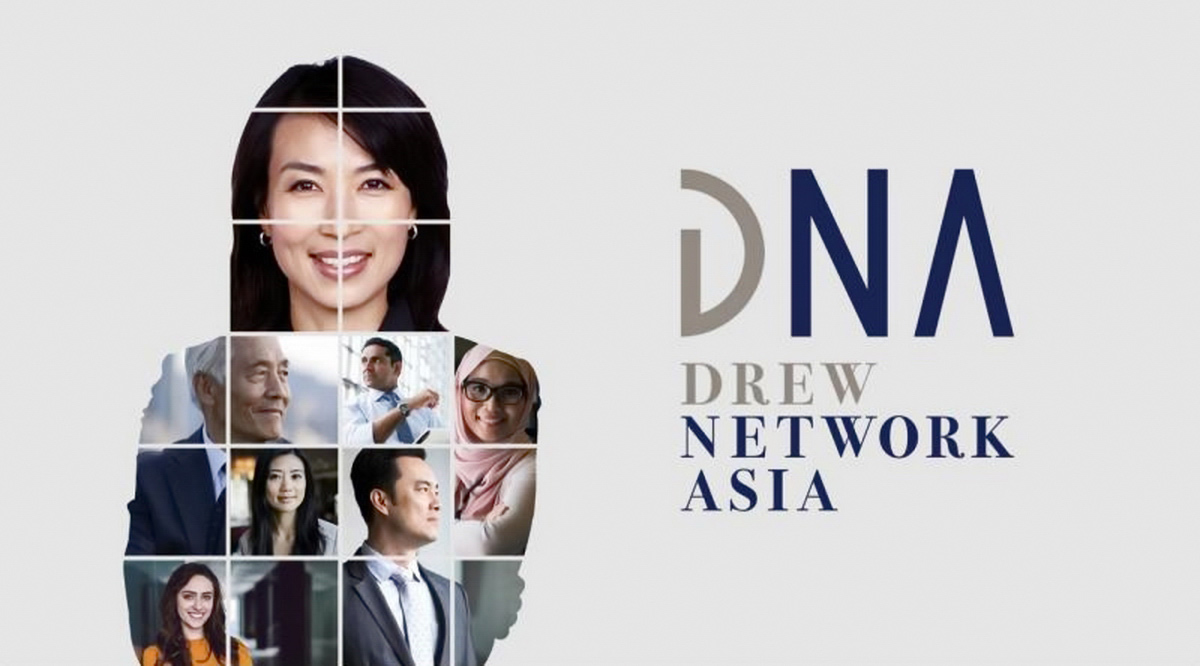

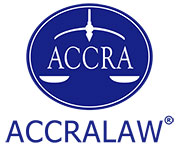 Angara Abello Concepcion Regala & Cruz Law Offices (ACCRALAW) 2020
Angara Abello Concepcion Regala & Cruz Law Offices (ACCRALAW) 2020







